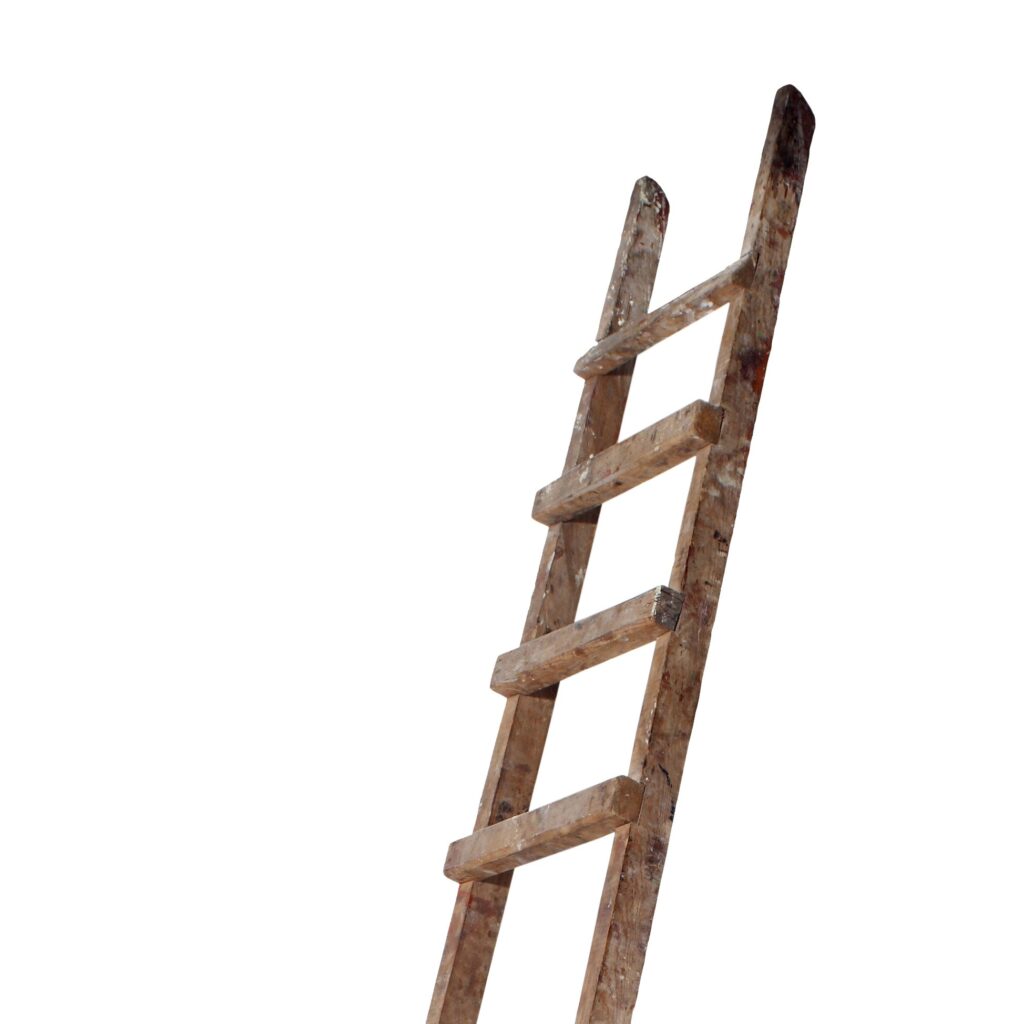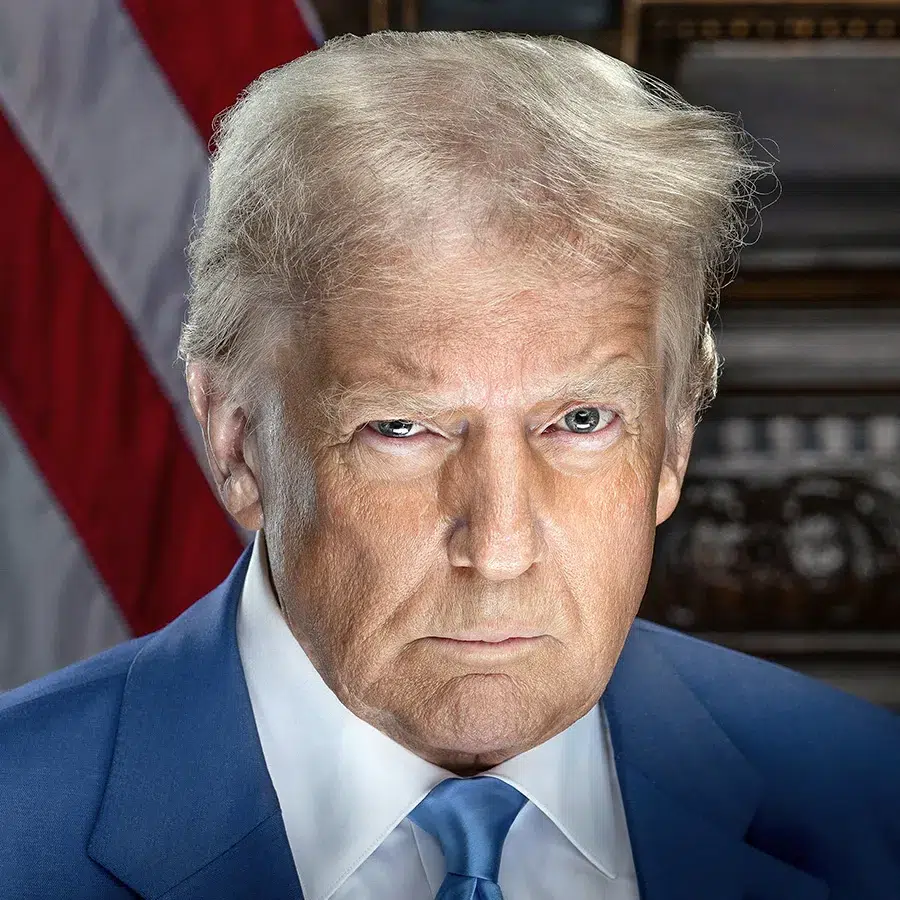Investment Strategies.
I have invested for over forty years, and I have always found that when there was no plan, I made severe mistakes. This seems to be what has happened to investors, both retail and professional, in the last four months. Consider the following example.
The War of Jenkins' Ear.
Investor actions sometimes mimic the disaster that befell the British when they tried in 1741 to take Fort San Lazaro near Cartagena from the Spanish. The battle was part of the conflict between Spain and Britain, known as the "War of Jenkins' Ear." The British side was led by two officers. Admiral Edward Vernon was the commander of naval forces (Mount Vernon was named for him), and General Thomas Wentworth led the infantry. Neither Vernon nor Wentworth could get along. This consistent conflict almost guaranteed that the British expedition would encounter significant problems. Having co-CEOs usually is not a good idea.
After many disagreements, the two men decided that the British soldiers would assault the fort. In spite of heavy losses to their officer corps, the soldiers fought bravely up the rugged terrain to reach the fort's walls. There was a problem; the assault ladders were ten feet too short. (The one engineer that the British had for the expedition had died.) Using a ladder that was ten feet too short would make every soldier an easy target. The British had to retreat, and they lost the battle. (To be fair, the height of the ladders was not the only mistake.)
Investors' Faulty Thinking.
I offer up the example of the Berkshire Hathaway stock price as a metaphor for how investors have made the same type of mistake the British did. The stock's decline this spring was an excellent example of an investment strategy that, intellectually, was ten feet too short.
Berkshire Hathaway Without Buffett.
I always knew, as nearly every investor did, that when Warren Buffett retired or passed away, the Berkshire Hathaway stock price would take a significant hit. After all, investors hate uncertainty. I assumed that the stock price would take a hit of at least ten percent.
After Mr. Buffett announced his retirement in May, the stock price sank by more than ten percent from its high; the actual drop was closer to 15 percent. All this makes sense. After all, the Oracle of Omaha will not be the chief executive officer, the financial admiral, of the mega financial juggernaut called "Berkshire Hathaway" after December 31. I must disclose that I hold Buffett Hathaway stock. When the stock dropped, I increased my position in the company. (For those who follow the stock, my portfolio only contains Class B shares, the cheap ones.)
Buffett's Mentor.
To properly evaluate the decline in the stock price, a brief history lesson is necessary for those unfamiliar with Buffett's career. Benjamin Graham mentored Mr. Buffett. Graham was an intuitive investor who knew how to maintain boundaries on his investment strategy. He wrote several books on investing, including The Intelligent Investor. I have read Graham's original version of The Intelligent Investor and the most recently revised version. You would find them very interesting if you read them. However, a spoiler alert: Graham's philosophy was based on common sense — something that is a bothersome little gnat for investors.
Berkshire Hathaway Buys UnitedHealthcare: So Do Investors.
As good as Graham was, Buffett has excelled his mentor. Many investors worldwide revere him. To show the importance of Buffett, one only has to examine the recent dramatic increase in the price of UnitedHealthcare. Why did it jump in the past five weeks, well after Mr. Buffett had announced his retirement? No magic here. When investors learned that Berkshire Hathaway had purchased UnitedHealthcare stock, both retail and professional investors rushed to buy shares of UnitedHealthcare.
The Oxymoron.
This action produces the oxymoron of a short ladder. Problem one: Investors immediately bought up a stock that appeared to be one Berkshire Hathaway liked. However, how did they know that the decision to buy UnitedHealthcare was Buffett's? Maybe the decision was really made by the incoming chief executive officer, rather than by Buffett? If Buffett did not make the decision, why buy a stock like UnitedHealthcare? Why buy UnitedHealthcare when the decision was made by someone whose lack of standing resulted in the stock price of Berkshire Hathaway dropping dramatically when he was named as the next CEO?
Problem two: If Mr. Buffett did make the decision that Berkshire Hathaway should buy UnitedHealthcare, and it was a good decision, why do investors think he is incapable of picking a successor? Why drive down the price of Berkshire Hathaway stock when Mr. Buffett announced his retirement? After all, if Warren Buffett is sufficiently intelligent to pick stocks, I bet that he is pretty good at picking a successor. Hence, there was no reason for the Berkshire Hathaway stock price to have dropped when Mr. Buffett announced his retirement in May. (It should be noted that the price of Berkshire Hathaway stock is climbing, and most likely, will soon be above its former high. While there is still uncertainty about the future of Berkshire Hathaway, investors always come to their senses and forget their mistakes.)
Just as Buffett's reputation has surpassed that of his mentor, his successor may surpass Mr. Buffett's reputation. Some may be quick to defend Mr. Buffett and say that I am implying he is not the GOAT investor. Not so! All I am saying is that everyone can be replaced, and everyone may be followed by someone who outshines them.
Warren Buffett, The Cheerleader.
It seems highly likely that Warren Buffett hopes his successor will also be regarded as the great Oracle of Omaha. If Mr. Buffett remains in place for a long time, and I sincerely hope he does, I believe he will be the first to cheer on his successor. He will be excited if his successor takes the juggernaut to an even better position.
When It Is Time.
Leaders who know they should retire before others want them to, in my opinion, have always been great leaders. So often, leaders cling to their roles long after their effectiveness has expired, physically, emotionally, or intellectually. Mr. Buffett, whom I view as an excellent investor, knew that his time to step down had come. While he surely sought the advice of others, only he had sufficient knowledge to make that decision. Only he bore the responsibility of picking a successor who would continue Berkshire Hathaway's success. This action, I believe, showed maturity, wisdom, and an appreciation for a smooth transition. If anything, this decision will only enhance his legacy. Every time I left a leadership role, I hoped that my successor would build upon what had been accomplished. I am sure Mr. Buffett feels the same way.
Unfortunately, most investors will not change. They will pursue investment approaches that use ladders that intellectually are ten feet too short. They never seem to learn the value of the old cliche, "Buy when the market is down."
If you have not read the blog that describes the "However View," click here.








